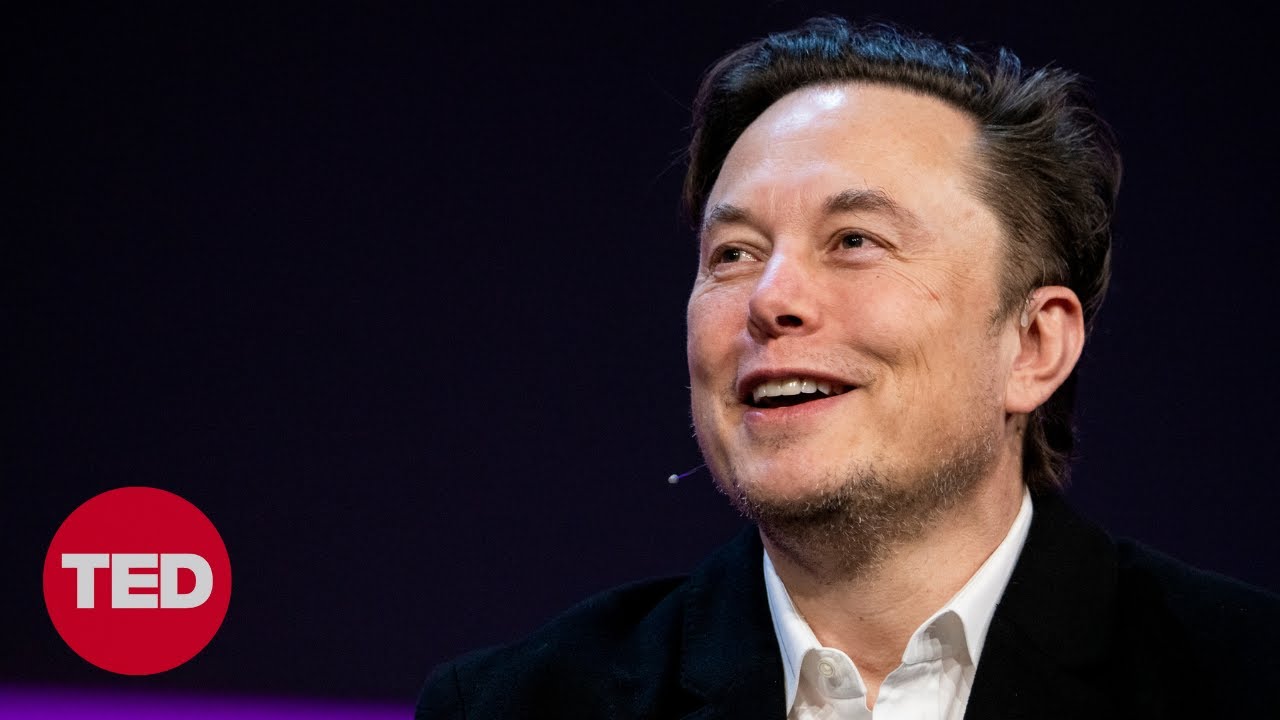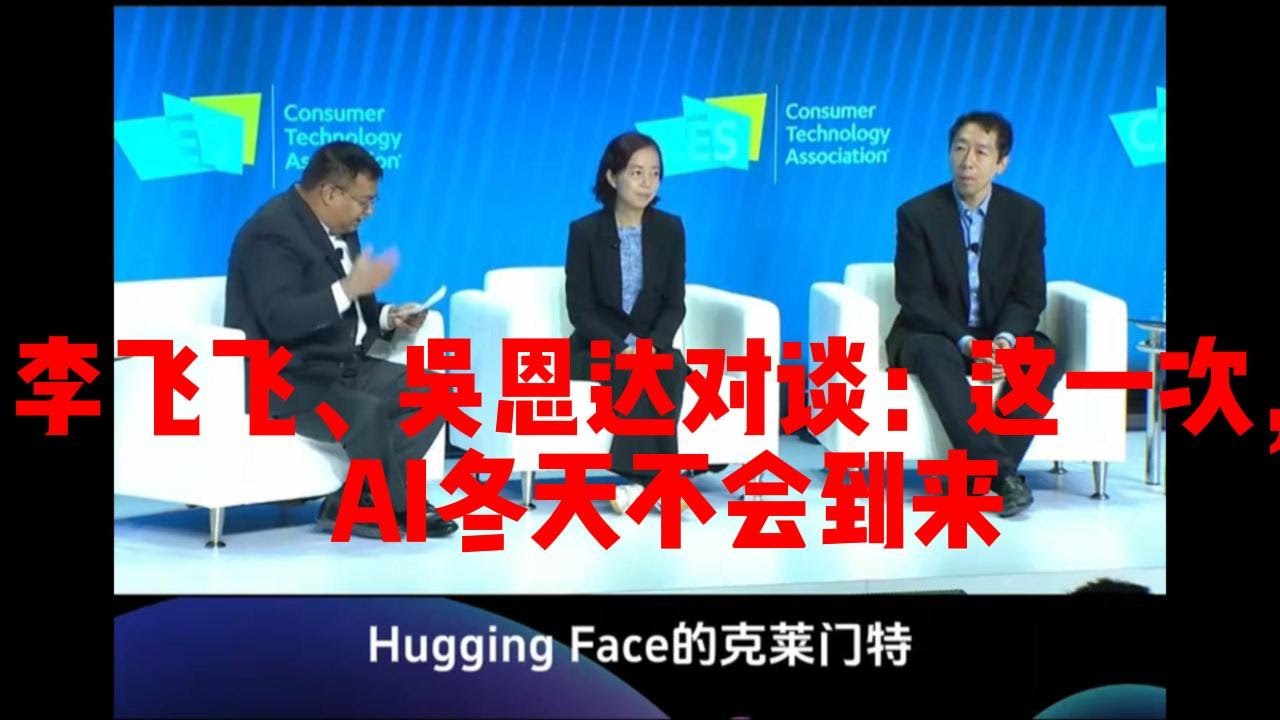Elon Musk on how to build the future interview with Sam Altman
Summary
TLDR在这次访谈中,埃隆·马斯克分享了他对人工智能、遗传学、人脑与AI的高带宽接口等未来重要问题的看法。他认为,如果有人从事对社会有用的工作,即使不是改变世界,也是好事。马斯克强调了AI对人类未来的影响,以及我们需要确保AI的良好发展。他还提到了通过改善人脑接口来解决带宽限制的重要性,并分享了他年轻时的抱负和如何产生巨大影响的经验。此外,马斯克对SpaceX和Tesla的未来展望,以及他对火星殖民计划的乐观态度也在节目中得到了讨论。
Takeaways
- 🚀 伊隆·马斯克认为,如果有人从事对社会有用的工作,即使不改变世界,也是好事。
- 🤖 他认为人工智能(AI)是短期内最有可能影响人类未来的最大问题,我们需要确保AI的良好发展。
- 🧬 马斯克将遗传学视为第二重要的问题,如果能解决遗传疾病,如痴呆症或阿尔茨海默症,将是非常了不起的。
- 🧠 他强调提高人脑与数字世界接口的带宽非常重要,这将有助于解决当前的带宽限制问题。
- 🌟 马斯克并不期望自己会涉足所有他年轻时考虑的领域,包括使生命多行星化、加速向可持续能源的转变、互联网以及遗传学和AI。
- 🎓 对于想要成为下一个马斯克的年轻有为的人来说,他建议不必非要获得博士学位,而是要找到能够产生巨大影响的事情去做。
- 📈 他强调评估成功率和影响范围的重要性,以及技术进步需要人们努力工作。
- 👽 马斯克确信建立一个自给自足的火星殖民地是可能的,并且可能在未来10年内实现。
- 🛰️ 他相信,通过SpaceX的努力,人类有可能在未来9年左右登陆火星。
- 🤖 对于AI的未来,马斯克认为最好的结果是实现AI技术的民主化,确保没有单一公司或少数人控制先进的AI技术。
- 🔋 他在SpaceX和Tesla的时间主要花在工程和设计上,特别是开发下一代产品和改进工厂的生产效率。
Q & A
如果Elon Musk今天22岁,他会关注哪五个问题?
-Elon Musk认为,如果有人做的事情对社会有用,那就是好事。但如果他今天是22岁,他认为最重要的五个问题可能是:1. 人工智能(AI)的发展,确保AI有一个良好的未来;2. 遗传学,解决遗传疾病,如痴呆症或阿尔茨海默症;3. 人脑与数字世界的高带宽接口;4. 使生命多行星化;5. 加速向可持续能源的过渡。
Elon Musk如何看待人工智能的未来?
-Elon Musk认为人工智能是短期内最有可能影响人类未来的最大单一项目。他强调我们需要确保AI的发展走向良好,因为它可能会出错。他提倡AI技术的民主化,确保没有单一公司或少数人控制先进的AI技术,并且需要解决人脑与数字世界的高带宽接口问题。
Elon Musk对于想要成为下一个Elon Musk的年轻人有什么建议?
-Elon Musk建议年轻人首先考虑他们能做什么对社会有用的事情。他强调不需要改变世界,只要能为人们带来价值,哪怕是小的价值,也是好的。他还提到,年轻人应该考虑他们想创造的东西与现状相比的效用差异,以及它会影响多少人。
Elon Musk在大学时期考虑的五件事是什么?
-Elon Musk在大学时期考虑的五件事是:使生命多行星化、加速向可持续能源的过渡、互联网的发展、遗传学以及人工智能。
Elon Musk是如何决定创立SpaceX的?
-Elon Musk决定创立SpaceX是因为他相信如果没有什么改变,人类将永远被困在地球上。他认为大型航天公司对根本性的创新没有兴趣,只是想要稍微改进他们的旧技术。他认为技术只有当聪明的人非常努力地工作时才会变得更好。
Elon Musk如何看待技术进步?
-Elon Musk认为技术不会自动变得更好,它只有在聪明的人非常努力工作时才会进步。他还提到,历史上的许多文明都曾经拥有先进的技术,但随着时间的推移,他们忘记了如何建造金字塔、阅读象形文字、建造道路和水渠等。
Elon Musk如何面对恐惧和他人的质疑?
-Elon Musk承认他也会感受到恐惧,但当某件事足够重要,他对其信念足够坚定时,他会不顾一切恐惧去做。他还提到,接受可能性可以在一定程度上减少恐惧,他创立SpaceX时认为成功的可能性不到10%,但他接受了这一点。
Elon Musk对火星殖民的可能性有何看法?
-Elon Musk认为火星殖民的可能性非常好。他确信建立一个自给自足的火星殖民地是可能的,而且他认为在大约10年内,或者可能更短的时间内,就能实现将大量人员送上火星。
Elon Musk如何分配他的工作时间?
-Elon Musk的大部分时间都分配给了SpaceX和Tesla的工程和设计工作。他还每周花半天时间在OpenAI,并对OpenAI的发展和团队的才能感到印象深刻。
Elon Musk在SpaceX和Tesla的工作重点是什么?
-在SpaceX,Elon Musk的工作重点是改进Falcon 9火箭和Dragon飞船,并开发火星殖民架构。在Tesla,他的工作重点是Model 3的设计和工程,以及工厂的工程,因为他认为制造机器的机器,即工厂,比车辆本身更重要。
Elon Musk对于自动化生产线的看法是什么?
-Elon Musk认为自动化生产线的速度非常重要。他认为当前的生产速度非常慢,平均速度大约是每秒0.05米,他相信他们能够将速度提高到至少每秒1米,这将是一个20倍的增长。
OpenAI的使命和结构是怎样的?
-OpenAI是一个501c3非盈利组织,它的使命是最小化未来存在性风险。尽管许多非盈利组织可能没有紧迫感,但OpenAI因为有共同的使命和信念,所以有很强的紧迫感。
Outlines

This section is available to paid users only. Please upgrade to access this part.
Upgrade NowMindmap

This section is available to paid users only. Please upgrade to access this part.
Upgrade NowKeywords

This section is available to paid users only. Please upgrade to access this part.
Upgrade NowHighlights

This section is available to paid users only. Please upgrade to access this part.
Upgrade NowTranscripts

This section is available to paid users only. Please upgrade to access this part.
Upgrade NowBrowse More Related Video

Elon Musk talks Twitter, Tesla and how his brain works — live at TED2022

馬斯克、黃仁勳同台對話:AI與太空的未來|Musk And Jensen Huang: The Future Of AI And Space

“I’ve NEVER seen anything like this” - Elon Musk drops a bombshell in Interview (Feb 29, 2024)

【人工智能】直觉的力量 | 杰弗里辛顿最新对话 | Sana AI峰会 | 回忆AI生涯 | Ilya的能力和直觉 | 缩放法则 | 多模态 | 语言与认知 | 神经网络 | AI情感 | 反向传播

2024年开年AI大牛世界论坛关于AI的三大访谈之一 李飞飞、吴恩达对谈:这一次,AI冬天不会到来2024 A Dialogue between Li Fei-Fei and Andrew Ng

Yann LeCun: Deep Learning, ConvNets, and Self-Supervised Learning | Lex Fridman Podcast #36
5.0 / 5 (0 votes)
